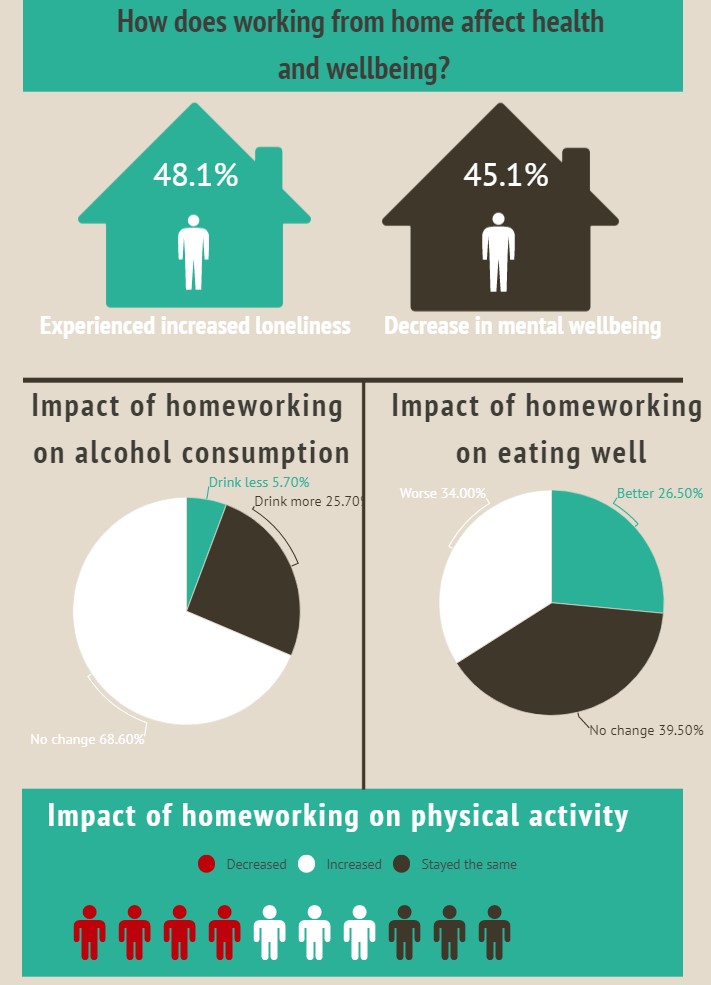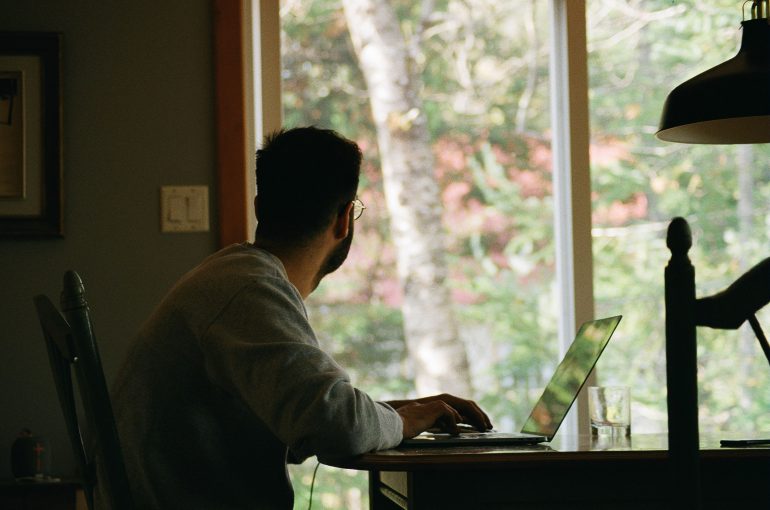Although homeworking looks like it is here to stay, the set up doesn’t appeal to everyone
HOMEWORKING offers employees more flexibility and saves time on commuting.
Or.
Working from home can create isolation and is bad for employees’ mental health.
Which of the above interpretations chimes with you depends on the job in question, because not everyone can work from home. Even if you can WFH, not everyone wants to.
Juls Hopkins, of Whitchurch, is one of these people. The facilities manager for a cleaning company has been working from home since 2020 but used to work in Pontcanna, a 15-minute drive away.
Now Ms Hopkins doesn’t have to drive to work, she is “saving a lot more money”. But this advantage does not outweigh the disadvantages for her.
“It can be very lonely working from home,” she said. “I loved working in an office and interacting with people.
“Now it’s just very lonely. I usually only go out and about on a Friday now. I certainly see fewer people. I would love a combination of office and homeworking.”
A recent report by Public Health Wales said that 48% of homeworkers surveyed found that they were increasingly lonely. 45% found that their mental health had worsened while homeworking.

According to the 2021 census, Cardiff has the highest percentage of people who work from home in comparison to other local authorities across Wales.
The census revealed that 36.1% of people in Cardiff now work mainly from or at home, in comparison to only 2.3% of people in 2011.
The Covid pandemic saw homeworking shift from less usual to commonplace. However, despite the pandemic being widely considered as over, the number of homeworkers hasn’t returned to pre-pandemic levels, with only 4% of people from Cardiff working from home in February 2020.
Now, in Whitchurch alone, 44% of people work from home.
Gail Salter, a business support manager, is one of these people and has been working from home permanently for the last three years.

“I used to work in an office for 30 years. I prefer the peace and quiet of working from home. It means I can get on with things in my home office.
“My children are all grown up now, but my 21 pets certainly benefit from me working from home,” said Ms Salter.
Cardiff Council’s policy on homeworking says : “Homeworking can have considerable advantages to employees, reducing the time and cost of travelling and providing a quieter and more controllable work environment.”
For Ms Salter, the benefits of homeworking are clear: “I feel more relaxed, more productive and my mental health has improved. I wouldn’t go back to office working.”
Sarah Hyde, who works for the NHS, has continued to work in person and has seen the benefits: “I cycle most of the time from Whitchurch to the Bay. It takes me about 30 minutes.
“My journey to work is free and it really helps my health and wellbeing.”
However, Ms Hyde would like to change her working pattern.
“I would like to work from home sometimes. I find clothing at work an issue as I have to dress professionally. At home, I could wear what I want,” said Ms Hyde.
Research Professor Alan Felstead, author of Remote Working: A Research Overview, thinks that homeworking is here to stay.
“I think the genie is out of the bottle and I can see no way of completely going back to our old ways of working,” said Prof. Felstead, the Co-Director for Wales Institute of Social and Economic Research and Data,
“More likely it will be a situation where people work on a hybrid basis.
“The trend of hybrid working has been encouraged in Wales with the Welsh Government aiming to have 30% of workers working at or near home by 2026.”
According to ONS, four-fifths of businesses said that improving staff wellbeing was the reason behind wanting to increase homeworking.
But not all businesses want to increase homeworking.
“You ask most bosses, everybody secretly wants everyone to come back to the office,” Tony Danker, Director General of the Confederation of British Industry, told The Guardian,
“I just don’t think that is going to happen overnight. I think the whole world of work has gone crazy. We have no idea where it is going to land.”



